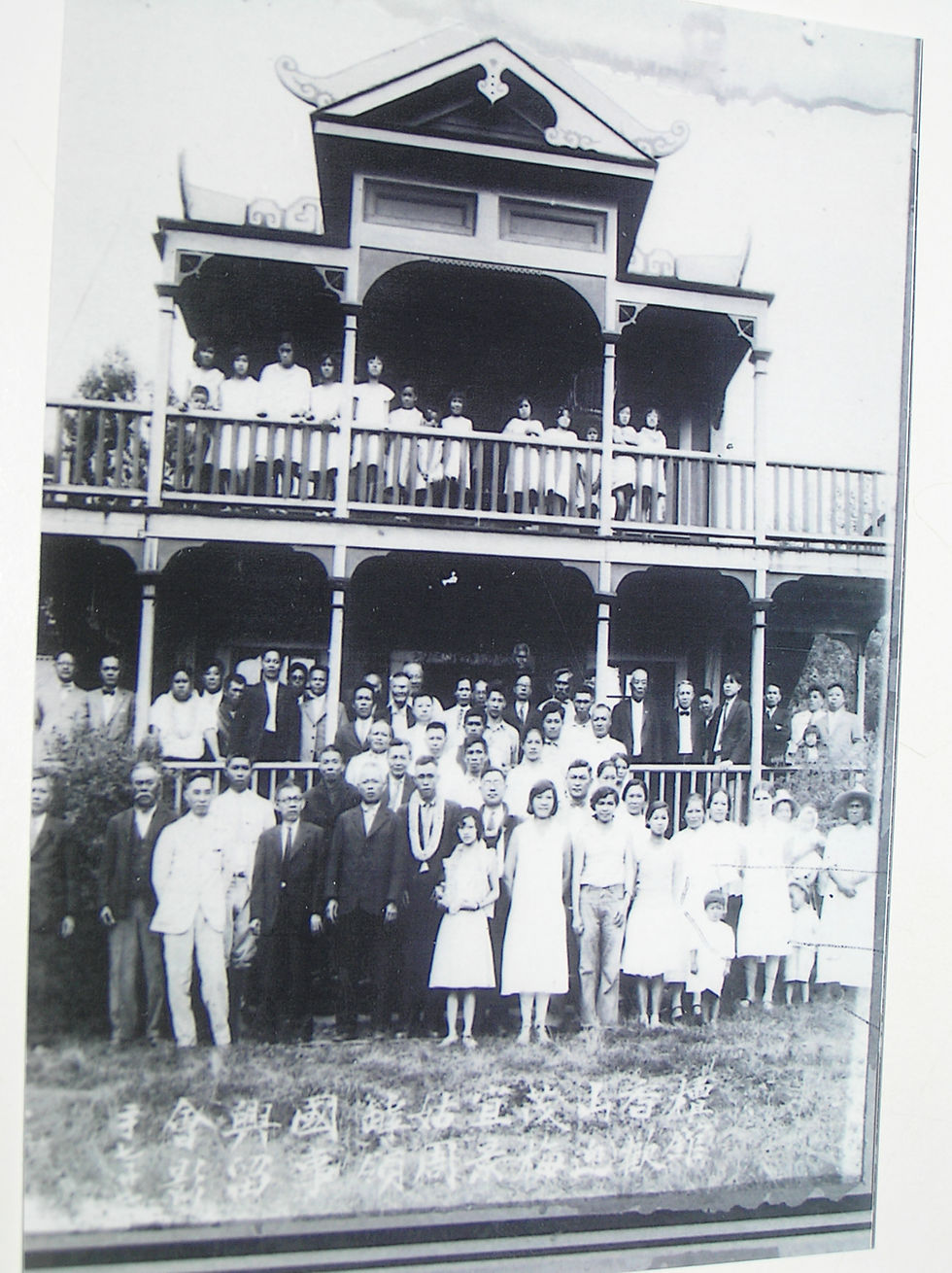History of Two Towns

Haleakalā Waldorf School sign - visitors sign in at office

Haleakalā Waldorf School building

Calasa Garage side view

Haleakalā Waldorf School sign - visitors sign in at office
Waiakao
The Kula countryside has long been a farming area with sweet potatoes and breadfruit grown by native Hawaiians. In the late 19th century, Portuguese and Chinese immigrants, who fulfilled labor contracts with the sugarcane plantations, moved to this area. They were joined by Japanese farmers. The town of Waiakoa was a gathering place then and is today as the farming and ranching traditions continue.
Keokea
The southern edge of Kula had a once-flourishing Chinese community that numbered over 700 immigrant workers and farmers. While the area is now more mixed, Keokea is still home to a pair of Chinese family-owned stores, a service station as well as a boutique coffee-shop.
A mile or so beyond Keokea is the county park dedicated to Maui's former resident, Sun Yat-sen, called the "father of modern China." He grew up in the area in the late 19th century living with his brother Sun Mei. He led the revolution that ended China's last dynasty and established the Republic of China in 1912.

Ching Store and gas station

Ching Store and gas station

Historical view of Keokea Chinese Meeting House

Ching Store and gas station
